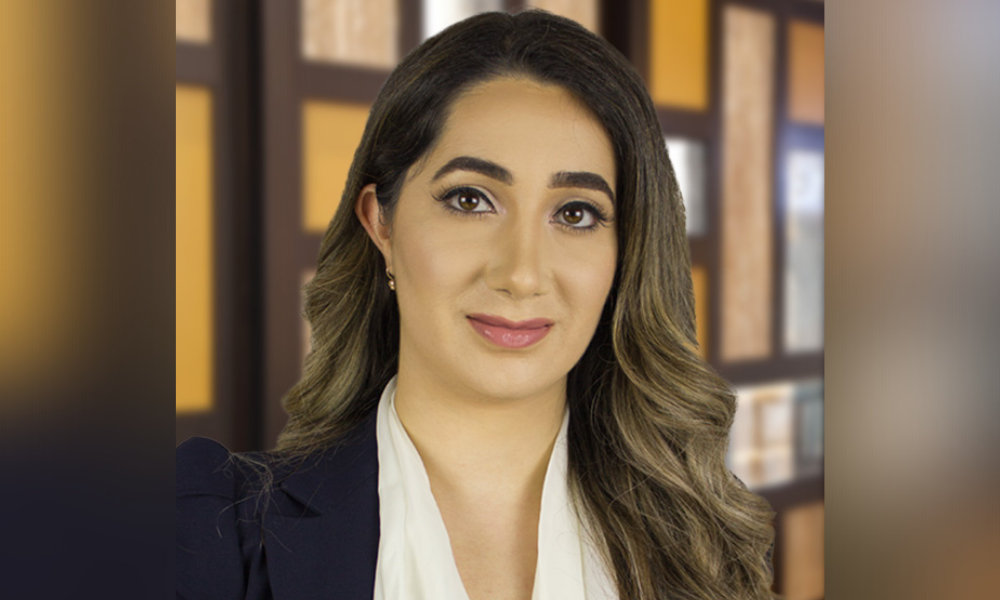Family meetings, open and honest communication, and advanced planning can ease it

Sahar Abdul Zahir is seeing more blended families in her financial advisor practice, but she’s also seeing more conflict, especially when it comes to people setting up and executing estate plans.
“We’re seeing more conflict and more problems, both while it’s happening and after someone passes, so family dynamics and relationships are being strained,” Zahir, who is a financial advisor with BlueShore Financial in West Vancouver, told Wealth Professional.
“A lot of people are in their second or third relationship and they have kids from previous relationships,” she said, noting that pertains to both the younger as well as older clients.
Zahir noted that it’s important for advisors to get to know a client’s family situation and dynamics, so they know what’s happening with the various stakeholders and what their needs and rights are. This includes spouses as well as children.
“There can be a lot of disagreement, even within the couple, whether or not they’ve realized it before,” she said. “You can bring it to the fore when you discuss how they’d like to settle their estate and where they’d like their assets to go because people can often assume they know what their spouses’ needs and wants are without having really asked them what their specific goals are around their estate.
“Often, spouses assume that the bulk of the assets are just going to each other. So, they’re surprised when spouses want to leave those to their children or a disabled child. It’s really important that, as an advisor, you ask these questions about the family dynamics right out of the gate, and then you can start going through the will, power of attorney, and setting up a trust.”
Zahir favours open and honest communication among family members and likes holding family meetings to resolve issues and misunderstandings, especially if the advisor can be at the table, so all of the parties can talk about their wishes and plans.
“It can be incredibly hard and, sometimes, as the advisor, you’re sitting in there, trying to be a neutral third party,” she said. “Sometimes we’re trying to protect people from themselves, so it can be uncomfortable for the clients and uncomfortable for you, and really emotional if you have the kids involved, too. But, as hard as it is, it’s part of my job as their advisor.”
She has seen an uptick in families wanting to have these meetings, particularly so the children who may have to execute the will can also get to know the lawyer, accountant, and advisor whom they’ll have to eventually work with as the older generation passes.
Once everything has been discussed, clients need update their wills and powers of attorney in a timely fashion, particularly in jurisdictions where new marriages invalidate previous wills.
Read More: Five tips to save your clients from estate anguish | Wealth Professional
She doesn’t see many children pressuring parents to change their wishes, but if there is acrimony, then she said “you coach your clients through it. If the plans make sense, then you implement them.”
When clients are remarrying, though, she recommends they redo their wills and powers of attorney, but also do a prenup or cohabitation agreement so the couples agree in advance how they want to protect their interests. Then, if one dies or the marriage doesn’t work out, “they already know what to expect and they’re both protected. Then, if there may be a problem with volatile situations with children, they can set up a trust or use insurance policies to address certain issues.”
Read More: Who's going to raise the kids? Reminding clients about pre-nups | Wealth Professional
Zahir said advisors should also remind clients to update their beneficiary designations on vehicles such as registered savings plans, insurance, and pensions as many may forget those when they update their wills. They should also reconsider who they want as executor, power of attorney, and head of their trust as naming one’s spouse may not be perceived as fair by previous family members.
“What’s happening now is people are naming their current spouse and one of their children or getting a corporate executor,” she said, noting naming a neutral third party can cost a bit, “but, in my opinion, that cost is a small price to pay for keeping family dynamics intact.”
The last thing that Zahir suggested was urging clients not to focus on avoiding probate fees.
“If you can reduce that cost, that’s great, but it should not be your only focus in estate planning, especially in a blended family,” she said. “That can be a difficult discussion with clients because they’ve already got preconceived ideas about paying taxes. We all want to pay a little less tax, but when it comes to a blended family, there are other things to consider. So, not paying probate tax should be the third or fourth on your list of priorities. You need to focus on the right things, such as family dynamics and keeping things fair and equitable. That’s the best way to go.”



